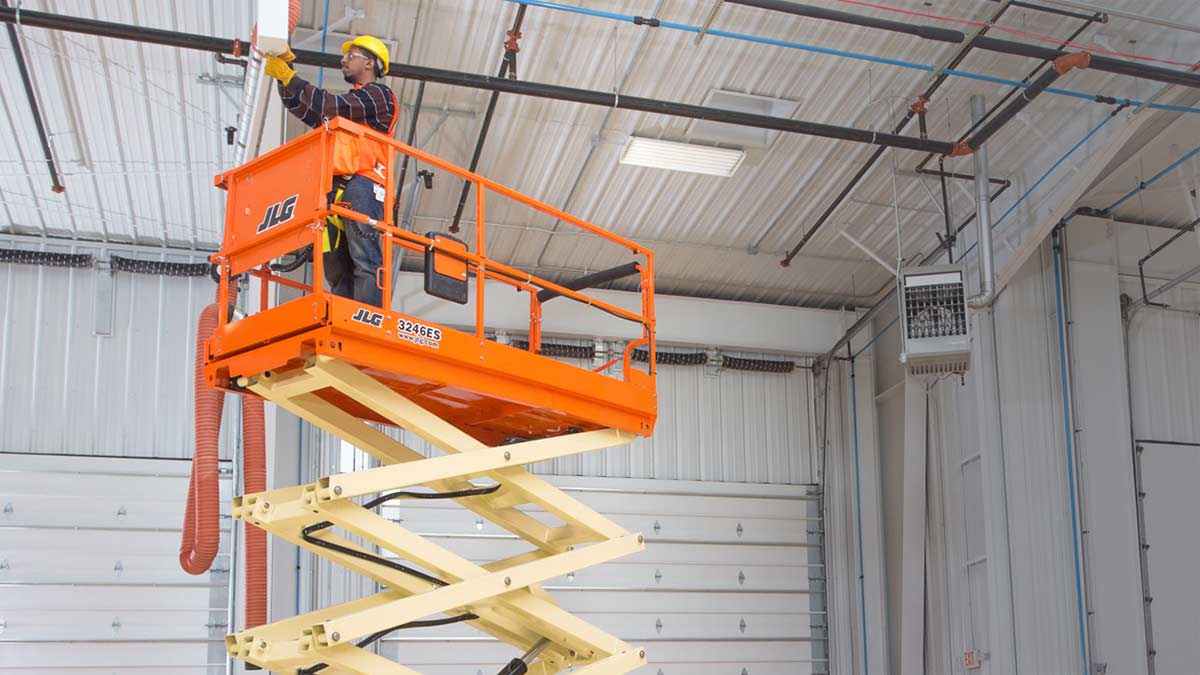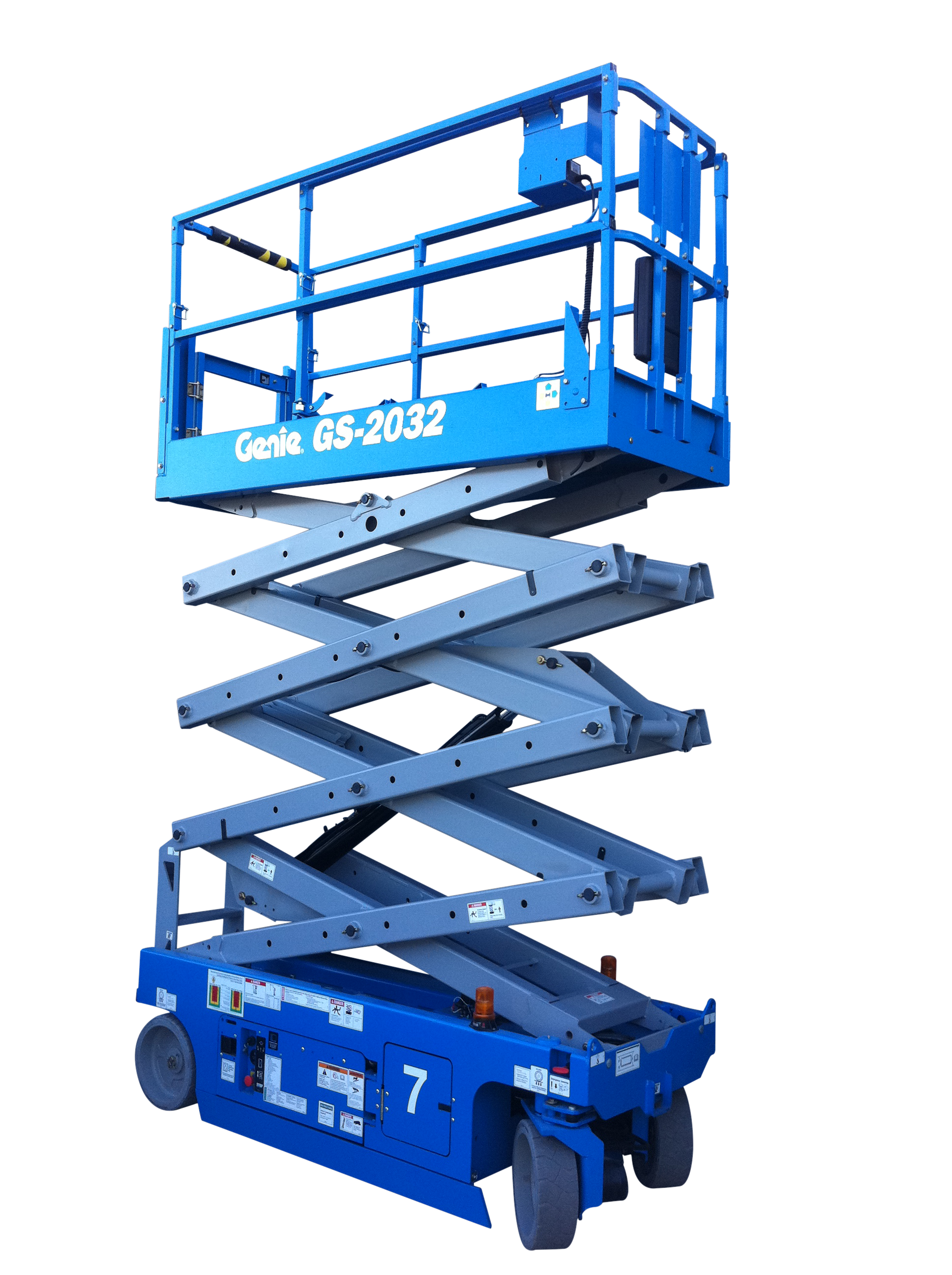Hassle-free Scissor Lift Rental: Reach New Levels with Ease
Hassle-free Scissor Lift Rental: Reach New Levels with Ease
Blog Article
Vital Tips for Securely Renting Equipment for Your Building Jobs
Guaranteeing the safety of your construction projects is critical, and a crucial facet of this is the appropriate and secure use rented equipment. The process of leasing construction tools includes even more than just picking the right tools for the task; it also entails a series of critical actions that have to be complied with to assure the well-being of those on-site and the effective completion of the job. By sticking to necessary tips and standards, you can not only minimize potential threats but additionally optimize the efficiency of your building ventures.
Tools Evaluation
Routine equipment assessments are important to guarantee the security and performance of construction tasks. By carrying out regular and extensive evaluations of devices, building business can recognize possible issues prior to they escalate, therefore protecting against crashes and pricey delays. Assessments must cover all facets of the devices, including architectural honesty, capability, and security features.
Throughout an evaluation, it is essential to look for indications of wear and tear, such as corrosion, fractures, or leaks, which could suggest underlying problems. In addition, testing the devices's capability, such as controls, brakes, and security systems, guarantees that it runs as meant. Any malfunctions or discrepancies should be promptly addressed and resolved to preserve optimal performance and safety.
Furthermore, documenting examination outcomes and maintenance tasks is essential for tracking the devices's problem over time. This information can aid in scheduling regular upkeep, identifying patterns of problems, and making notified choices concerning equipment replacement or repair services. Ultimately, focusing on tools evaluations adds to a safer workplace and improves the total performance of construction jobs.
Security Training
Efficient security training programs play a critical duty in enhancing the significance of equipment evaluations and making sure the well-being of building and construction job personnel. Security training equips employees with the needed expertise and abilities to run machinery appropriately, recognize possible threats, and react to emergency situations without delay. By educating staff members on ideal practices, safety methods, and regulative needs, training sessions help minimize the likelihood of mishaps and injuries on construction sites.
Comprehensive security training covers a series of subjects, including personal protective devices (PPE) use, devices operation procedures, emergency situation procedures, and risk recognition. Training must be continuous to address new threats, refresh existing expertise, and include any kind of equipment updates. It is necessary for all building and construction workers, from drivers to managers, to take part in regular security training sessions to maintain a culture of safety and security and vigilance on duty site.
Buying security training not only shields workers from damage however additionally adds to increased efficiency, decreased downtime, and enhanced project results. scissor lift rental. Prioritizing security with training shows a commitment to the health of workers and the success of building tasks
Rental Agreement Testimonial
Carrying out a detailed evaluation of rental arrangements is important for ensuring clear terms and assumptions when renting devices for building projects. Make certain that the contract consists of an in-depth checklist of the tools being leased, its condition at the time of leasing, and any type of pre-existing damages. By extensively reviewing the rental agreement, you can stay clear of misunderstandings, disagreements, and unforeseen costs throughout your building and construction task.
Appropriate Upkeep Practices
Implementing a structured upkeep program is important for making best use of the performance and lifespan of rented out building devices. Regular maintenance not just ensures the tools functions ideally but additionally minimizes the threat of unexpected failures during your job. Here are some necessary maintenance practices to comply with when renting out construction equipment:
Set up Evaluations: Conduct detailed pre- and post-operation checks to identify any kind of potential problems before they intensify. This includes inspecting for leaks, damaged components, and guaranteeing all security functions are intact.
Cleansing and Lubrication: Maintain the tools tidy from dust, particles, and various other impurities that might impact its efficiency. Routinely lube moving parts to prevent wear and tear.

Comply With Manufacturer Standards: Comply with the manufacturer's upkeep suggestions described in the manual to make sure proper treatment and operation of the devices.
Emergency Situation Preparedness
In expectancy of unexpected circumstances that may arise during construction tasks, it is essential to develop a thorough emergency situation preparedness strategy. Construction websites are inherently prone to crashes and unforeseen occasions, making it imperative for job managers to focus on safety and aggressive procedures.

Final Thought
To conclude, executing detailed devices inspection, security training, rental agreement review, correct maintenance methods, and emergency readiness are vital actions for safely renting tools for building tasks. By adhering to these standards, building companies can make certain the safety of their workers, avoid crashes, and reduce downtime on jobs. When leasing equipment to maintain a efficient and effective job environment., it is important to prioritize security and conformity.

Report this page